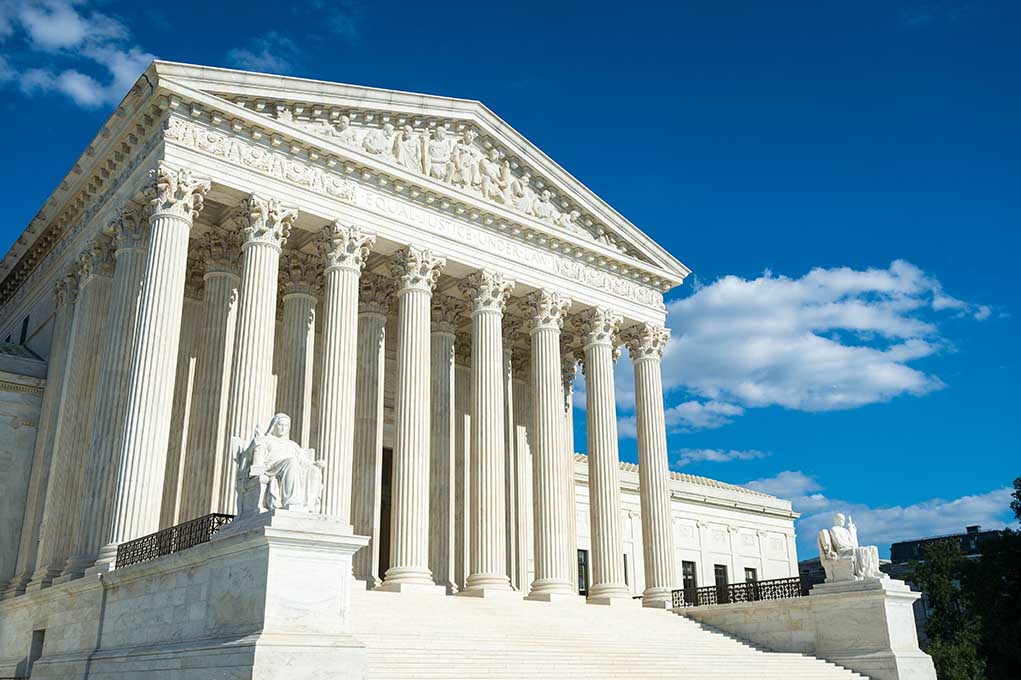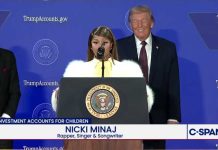
The fate of TikTok in the United States hangs in the balance as the Supreme Court gears up to make a crucial decision on a federal law that could lead to a ban if the app’s parent company, ByteDance, remains the owner.
At a Glance
- The Supreme Court is set to hear arguments on a law that may ban TikTok unless ByteDance sells it.
- The case centers around First Amendment rights and national security concerns.
- Arguments are scheduled for January 10.
- The law is supported by the Biden administration, but opposed by many creators and businesses who use the app.
Supreme Court’s Role in TikTok’s Future
The Supreme Court will hear arguments on January 10 to determine the constitutionality of a federal law threatening TikTok with a ban in the U.S. if it isn’t sold by its Chinese owner. The case raises significant questions about national security and free speech, focusing on whether the law infringes on the First Amendment. The Biden administration supports the law, citing security threats due to ByteDance’s ownership.
TikTok, boasting over 170 million American users, represents a major economic engine for U.S.-based creators and businesses. The potential ban could disrupt countless digital livelihoods, having a profound impact on the growing creator economy. Content creators who rely on TikTok for income have expressed concern over the platform’s uncertain future, and even a month-long shutdown could lead to TikTok losing about one-third of its American user base.
National and Economic Implications
This case involves balancing national security claims against the potential loss of economic opportunities for American creators. The Biden administration argues TikTok’s ties to China pose a significant threat, though TikTok argues the government “concedes that it has no evidence China has ever attempted to do so.” If the Supreme Court upholds the law, the app could become unworkable in the U.S. by January 19 as digital infrastructure withdraws support. Currently, the creator economy is projected to hit $480 billion by 2027.
The conflicting views reflect broader political disagreements. President-elect Trump has requested the Supreme Court delay TikTok’s ban, seeking to “resolve the issues at hand through political means once he takes office.” Trump has met with TikTok’s CEO, showcasing a more favorable stance towards the app after previously backing a sale.
The Court’s Upcoming Decision
As the January 19 deadline looms, the Supreme Court’s decision could have lasting implications on digital speech and national security, potentially shaping future legislative actions on social media platforms. TikTok is fighting hard against the backdrop of political uncertainty and economic risk, with many creators anxiously awaiting the high court’s verdict. Regardless of the outcome, this case could become a pivotal reference for technology-related legislation in the future.
While industry analysts advise creators to backup content and diversify their social media presence, TikTok and its users remain hopeful for a favorable resolution that avoids economic disruption and preserves digital expression in the U.S.
Sources
- Supreme Court agrees to hear arguments over law that could ban TikTok in U.S.
- Trump asks Supreme Court to delay TikTok ban so he can weigh in after he takes office
- TikTok creators in US left in limbo while awaiting decision on potential platform ban




